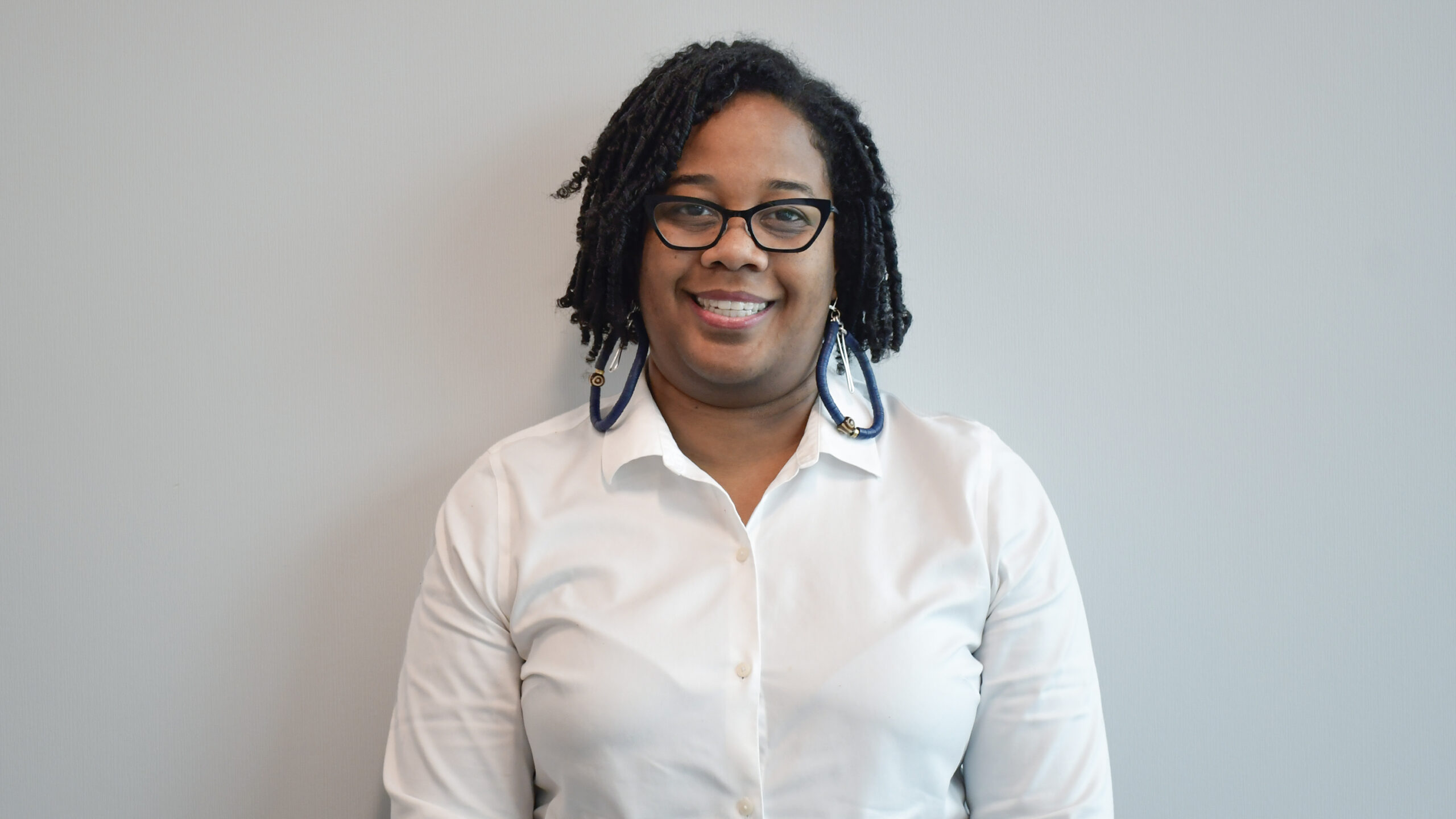Assistant Professor of STEM Education Tamecia Jones Aims to Create Equitable Assessments, Improve Assessment of Engineering Skills through NSF CAREER Grant

K-12 schools have done a great job of highlighting the math and science content knowledge needed in the field of engineering, NC State College of Education Assistant Professor of STEM Education Tamecia Jones says, but the job requires skills in more than just those two content areas. Engineering requires a combination of knowledge, skills, attitudes, behaviors and actions as professionals engage in processes that relate to decision making, ethical and legal matters, economics and resource management, she added.
But, assessments in the field of engineering fail to capture these elements and may contain biases that create barriers for students to enter engineering as a potential career path for them, Jones said.
“If the only thing that gets students invited or accepted [in engineering] are math and science grades or test scores, we only recruit those students. There are other students who would also be great engineers, and we need to recruit those students as well,” she said. “Additionally, some of the contexts or examples [on these assessments] have proven to not be neutral, as they contain cultural or class contexts that are not universal.”
Jones is hoping to remove these biases by creating a framework to better capture the multidimensional nature of engineering through her work on a five-year, $650,000 National Science Foundation CAREER grant project entitled “Eradicate the Gate: Empowering Learners and Equalizing Assessment in K12 Engineering Education.”
The project will address the current assessment gap in engineering education by partnering with teenagers to create innovative and equitable assessments and technology that supports peer assessments.
“I believe teens have talents that they do not always bring to classrooms. They are also very well aware of who is good at what among their peer group, and they are some of the harshest critics that exist,” Jones said. “Given criteria and judging opportunities, they will find great examples, correct each other, and be empowered with knowledge and understanding of expectations.”
The project will engage students in FIRST robotics clubs held in Black churches, having teens act as users, testers, informants and design partners to co–create the epistemic frame and a web-based peer assessment software.
Following the completion of the framework and software, two FIRST robotics teams will pilot the program, peer assessing one another during two different seasons of club.
“As rookie teams, we will surround them with community coaching and engineering student mentorship. While participating in the seasons, we will collect data through participatory design to inform the assessment and software design, and then we will have video clips for the students to use to apply the assessment to themselves and each other,” Jones said.
The co-created assessments, Jones said, will take into consideration the desires and priorities of industry, higher education institutions and other stakeholders in order to widen the focus of the skills that constitute engineering.
For example, if students exhibit engineering behaviors that are not typically assessed in K-12 schools but are sought after in the industry, the new, co-created assessments create an opportunity for students and teachers to see these attributes students possess as valuable.
The ultimate goals, Jones said, are to expand assessments to reflect the work of engineering and create continuity in assessment from K-12 through college and into industry by clarifying expectations in the field and identifying career skills earlier in students’ educational journeys to empower them to see engineering as a pathway for them, even if they don’t ultimately choose a career in that field.
“The project goal is not for more youth to choose engineering careers, though that would be great. Many already want to be engineers.The project goal is for youth with skills, knowledge, identity, values and epistemologies complementary to engineering to be celebrated, validated as having potential in the field and encouraged,” Jones said. “If they choose engineering and get into engineering programs and successfully graduate because equitable assessments have enabled them and indicated they would be successful, mission accomplished.”
- Categories:


